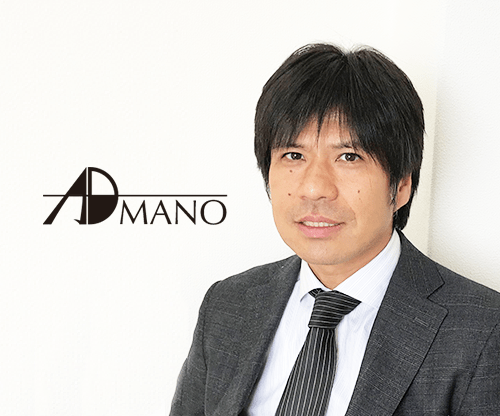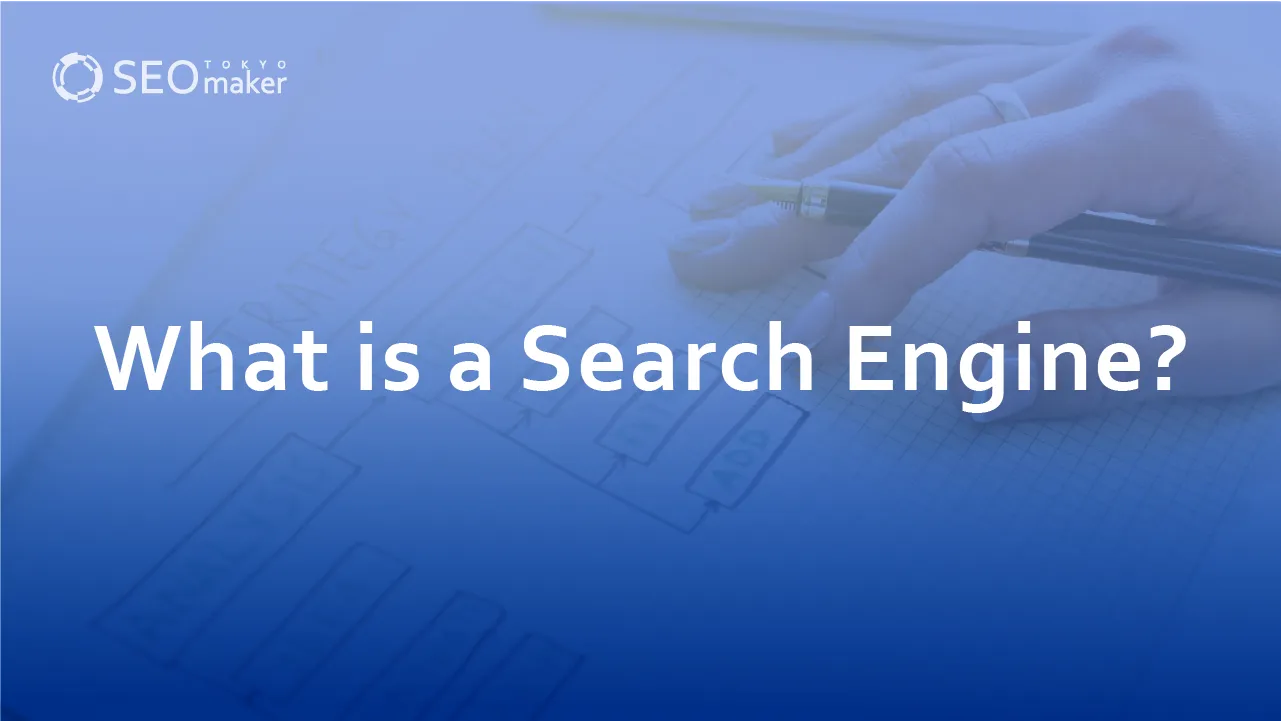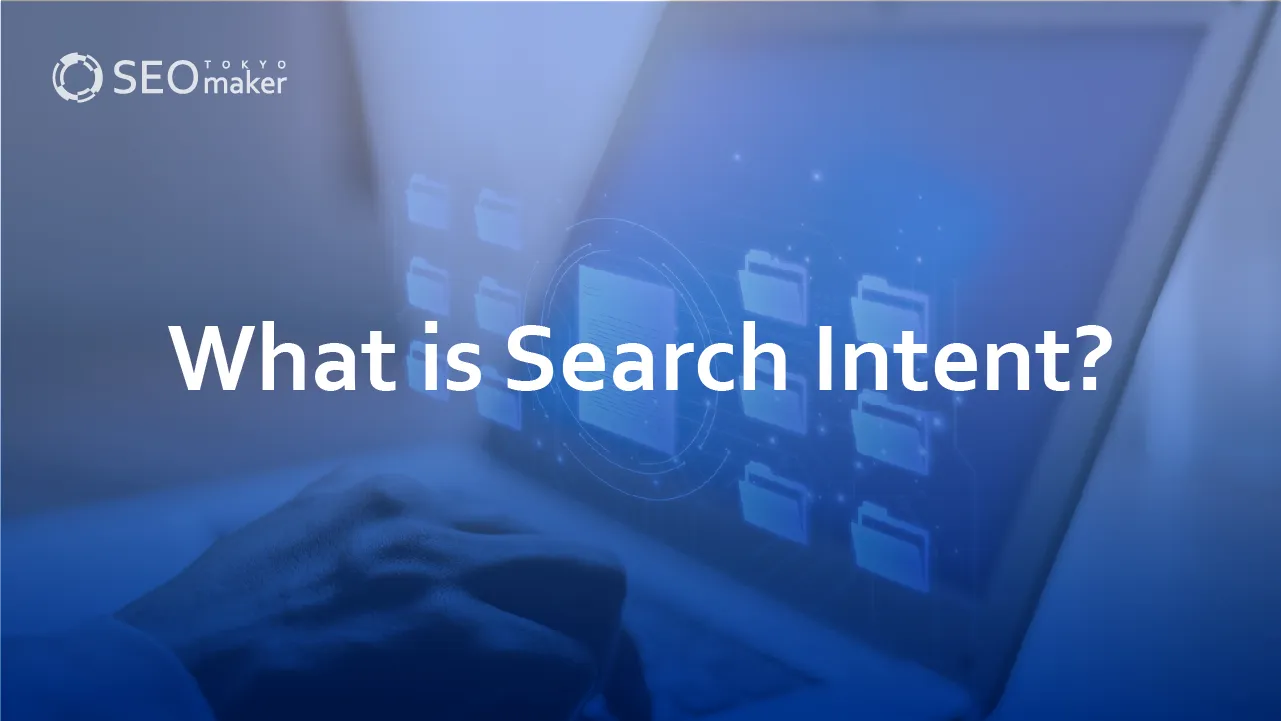What is E-E-A-T (Experience, Expertise, Authority, Trustworthiness)? Explaining Specific SEO Evaluation Criteria
contents
 E-E-A-T, an acronym for Experience, Expertise, Authoritativeness, and Trustworthiness, is a crucial set of criteria used in Google’s Search Quality Evaluator Guidelines for website assessment. As an integral factor influencing SEO rankings, it is imperative for website operators to have a thorough understanding of E-E-A-T.
E-E-A-T, an acronym for Experience, Expertise, Authoritativeness, and Trustworthiness, is a crucial set of criteria used in Google’s Search Quality Evaluator Guidelines for website assessment. As an integral factor influencing SEO rankings, it is imperative for website operators to have a thorough understanding of E-E-A-T.
In the realm of SEO, especially for those aiming for top search engine rankings, E-E-A-T represents an inescapable set of evaluation elements. This article aims to elucidate the various aspects of E-E-A-T.
About E-E-A-T
It is considered a critical evaluation criterion by Google to determine whether a site is of high quality. The elements evaluated are as follows, with their respective initials forming the acronym:
- Experience (Experience)
- Expertise (Expertise)
- Authoritativeness (Authoritativeness)
- Trustworthiness (Trustworthiness)
These evaluation elements are important for users of websites, and thus, they influence Google’s assessment of whether a site is of high quality.
On December 15, 2022, when the Search Quality Evaluation Guidelines were updated, Experience was added to E-A-T, making it a new evaluation metric for Google’s websites.
Experience
Experience, as part of the E-E-A-T framework, refers to the extent of real-life experience that informs the creation of a website. This element evaluates whether the website’s content is developed based on the creator’s actual experiences.
For instance, consider a website about medicine. If the content is created by someone who has been involved in the medical field for over ten years, their real-life experiences lend credibility to the website. As a result, such content is deemed more trustworthy, and the website’s evaluation is higher compared to a site created by someone with no medical experience.
The evaluation also focuses on whether the author of the web page is an expert in their field, incorporating specialized terms and professional knowledge in their content.
It is crucial to base website content on actual experiences. Aim for content creation that incorporates specific, firsthand experiences and information.
Expertise
Expertise, a key component of the E-E-A-T framework, evaluates the depth of knowledge and skills possessed by a website’s creator. A creator’s expertise in a particular field often translates into a comprehensive understanding of the specialized terms and techniques relevant to that field.
For example, in the context of a website focused on pharmacology, if the content is authored by individuals like doctors or pharmacists, who possess specialized knowledge in the field, the website is likely to be assessed as more expert and authoritative.
Even if the author is anonymous, the accuracy of the medical information provided on the site is a significant factor in its evaluation.
From the perspective of website users, the presence of expertise in a website’s content is crucial. It adds value and credibility, making the website a reliable source of information in its respective field.
Authoritativeness
Authoritativeness is a critical factor in assessing a website’s authority within the E-E-A-T framework. It evaluates whether a website is produced from reliable sources or if it holds an authoritative position in its domain.
For instance, consider a website dedicated to specialized research. If the information presented is sourced from universities or research institutions with expertise in the specific field of study, the website is regarded as authoritative. This authoritative status is maintained because the information comes from knowledgeable and respected sources.
Websites that take care to not provide incorrect information to their users are highly valued. Ensuring the accuracy and reliability of the content is a key aspect of maintaining authoritativeness. This approach not only enhances the credibility of the website but also builds trust among its users.
Trustworthiness
Trustworthiness is a pivotal component in evaluating a website’s credibility and safety, forming a crucial part of the E-E-A-T framework. It assesses whether a website provides accurate and reliable information and ensures the website’s security.
Taking the example of a pharmacology-related website, trustworthiness is evaluated based on whether the content is sourced from reliable and credible sources and whether the website’s security infrastructure is robust and comprehensive.
It is essential for a website to be a safe and reliable resource for its users. The trust of users is paramount, and ensuring their confidence in the website’s content and security is a key aspect of trustworthiness.
In the broader context of E-E-A-T, Experience (E), Expertise (E), and Authoritativeness (A) all contribute to building the final element, Trustworthiness (T). Each of these components is necessary to establish and maintain the trust of users, making them integral to the overall effectiveness and credibility of a website.
The Difference Between E-A-T and E-E-A-T
E-A-T and E-E-A-T are both metrics used in Google’s algorithm evaluations, with the primary difference being the inclusion of ‘Experience’ as an evaluation factor in E-E-A-T.
The addition of ‘Experience’ to the existing E-A-T (Expertise, Authoritativeness, Trustworthiness) framework has transformed it into E-E-A-T. This change underscores the importance of incorporating the creator’s experience and skills into a website, especially for creating trustworthy content for users.
The significance of ‘Experience’ is particularly noted in YMYL (Your Money Your Life) areas such as healthcare, law, and finance, where the experience of the content creator plays a crucial role in the reliability and quality of the information.
On December 15, 2022, ‘Experience’ was added as a new element. This addition reflects the growing importance of experience in various sectors, including marketing. In marketing, the concept of CX (Customer Experience Value) has become prominent, and in SEO, SXO (Search Experience Optimization) is increasingly important.
This evolution suggests that Google’s incorporation of the ‘Experience’ element into its evaluation metrics was a logical step, reflecting the changing dynamics of user expectations and content credibility in the digital landscape.
The Importance of E-E-A-T in Website Management
The significance of E-E-A-T in website management stems from its relation to Google’s site evaluation criteria. For users searching for information, finding reliable sources is paramount for both Google and the users themselves.
This is especially true in fields like healthcare and law, where decisions based on incorrect information can have serious consequences. Therefore, each metric within E-E-A-T becomes crucial in these areas.
E-E-A-T is also a factor that influences a website’s search ranking. From Google’s perspective, high-quality websites are considered valuable for users. Websites that meet these standards are likely to be favored by Google’s algorithm, benefiting both the users and the website operators.
Reference: Creating useful, trustworthy, user-first content | Google Search Central
E-E-A-T and Google’s Algorithm
E-E-A-T is not a direct component of Google’s algorithm that determines site ranking but a set of site evaluation metrics. While not directly incorporated into the ranking algorithm, websites that adhere to E-E-A-T principles tend to gain user trust and receive higher evaluations from Google.
Google employs search quality evaluators who review search results to assess their appropriateness. These evaluators are specially trained to judge whether content meets the E-E-A-T criteria.
Reference: Improving search functionality through rigorous testing
The Close Relationship between YMYL and E-E-A-T
E-E-A-T is closely related to YMYL (Your Money or Your Life). YMYL sites are those that directly affect users’ health, safety, or financial well-being, typically involving topics like healthcare, finance, and law.
Google emphasizes the importance of E-E-A-T in YMYL areas since the reliability of information in these fields is crucial. The components of E-E-A-T (Experience, Expertise, Authoritativeness, Trustworthiness) are essential in ensuring the credibility of information provided by YMYL websites.
Frequently Asked Questions About E-E-A-T
Q: What is E-E-A-T?
A: E-E-A-T is a set of criteria used to evaluate websites, focusing on Experience, Expertise, Authoritativeness, and Trustworthiness. These criteria are essential for creating safe and high-quality websites that are important to users.
Q: When did E-E-A-T become important?
A: E-E-A-T gained importance in December 2022 when Google added ‘Experience’ to its existing E-A-T (Expertise, Authoritativeness, Trustworthiness) in its Search Quality Evaluation Guidelines. Prior to this, E-A-T was the primary focus, with the other elements remaining the same.
Q: Does E-E-A-T apply to all websites?
A: E-E-A-T is a crucial metric for all sites, especially in YMYL fields like healthcare and law, where the focus on Experience, Expertise, Authoritativeness, and Trustworthiness in site creation is vital. However, it’s not officially stated that all sites are evaluated based on E-E-A-T, but it’s important from the perspective of providing quality websites to users.
Q: What happens to websites with low E-E-A-T?
A: Websites with low E-E-A-T are deemed less favorable by Google’s algorithm, impacting their search ranking and being viewed as less desirable for users.
Q: Does E-E-A-T relate to SEO?
A: It is not directly related to SEO, as per official statements. However, it does influence user search behavior and the algorithm, thus indirectly affecting SEO. Therefore, considering E-E-A-T is beneficial in SEO-focused website management.
Q: How to improve E-E-A-T?
A: To enhance E-E-A-T, focus on:
- Creating specialized websites
- Publishing information from trustworthy sources
- Providing up-to-date information
- Strengthening security
- Clarifying privacy policies and terms of use
- Producing beneficial content for users
Summary
As an SEO consultant, focusing on E-E-A-T (Experience, Expertise, Authoritativeness, Trustworthiness) enhances content credibility and leads to websites that users can trust and use confidently. While E-E-A-T may not directly influence Google’s search rankings, it impacts how a site is perceived in terms of quality, thereby indirectly affecting search positions. Therefore, creating content based on E-E-A-T and undertaking improvements and SEO strategies that prioritize these aspects are crucial for a trustworthy and widely-used website.










![What is a Description? Explaining the Meaning, Writing Style, and Changing Word Count – [2023 Edition]](https://www.switchitmaker2.com/en/wp-content/uploads/2024/09/what-is-description.webp)









